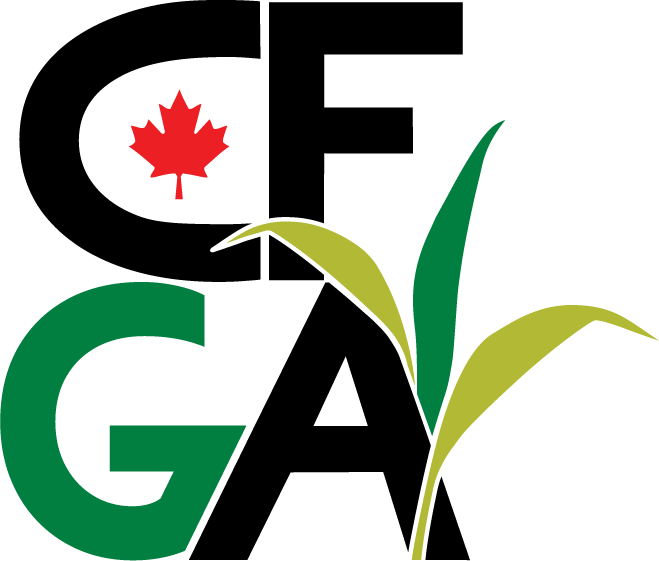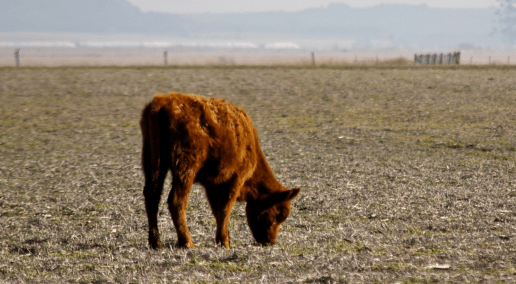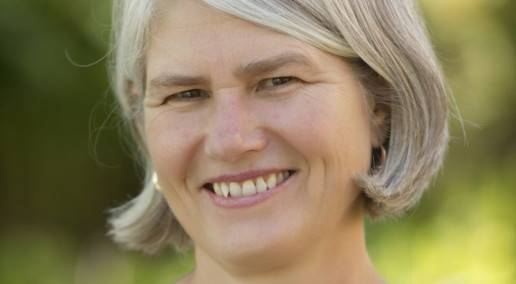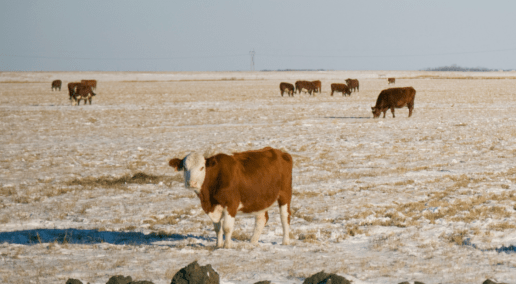Registration is open for the Canadian Forage and Grassland Association’s (CFGA) 13th Annual Conference, which will take place via Zoom Nov. 29 to Dec. 2. The theme of this year’s event is Cross-Pollination: Co-Creating Ideas in the Forage Industry. This fully bilingual event offers a program packed with educational sessions on a variety of themes, including grazing management and exports. The conference will also include presentations on Living Lab projects in British Columbia, Alberta, Manitoba, Ontario and Nova Scotia.
The Living Laboratories Initiative is a new approach to agricultural innovation in Canada that brings together farmers, scientists and other collaborators to co-develop and test innovative practices and technologies to address agri-environmental issues. The goal of the initiative is to accelerate the development and adoption of sustainable practices and technologies by Canadian farmers.
Below are some details on the provincial Living Lab presentations that are part of the CFGA conference agenda.:
Living Lab British Columbia
On Nov. 29 at 2:45 pm EST, British Columbia Forage Council’s (BCFC) general manager, Serena Black, will present Living Lab British Columbia - Extended Grazing Season and Winter-Feeding Strategies. BCFC partnered with the BC Cattlemen’s Association to develop a component of the Living Lab British Columbia project. After substantial producer engagement, the associations identified the theme of extended grazing season and winter feeding strategies for the project and will investigate four different beneficial management practices (BMPs) throughout multiple diverse landscapes to assess suitability. Serena’s presentation will provide an overview of the project as it appears in the early stages of planning for implementation.
Living Lab-Ontario Innovations
On Nov. 30 at 11:50 am EST, the applied research coordinator with the Ontario Soil and Crop Improvement Association (OSCIA), Tracey Ryan, will present Living Lab-Ontario Innovations. Her presentation will focus on the Living Lab project in Ontario which is being led by the OSCIA in collaboration with farmers, agricultural organizations, Conservation Authorities and scientists from Agriculture and Agri-Food Canada (AAFC) and Environment and Climate Change Canada (ECCC). Among the innovative practices being implemented by the six farm collaborators are alfalfa-fueled corn, planting into perennial cover (clover) and perennial grazing in field crops.
Alberta AgriSystems Living Lab
On Nov. 30 at 3:10 pm EST, the lead, beef production and extension, at Alberta Beef Producers (ABP), Karin Schmid will present Alberta AgriSystems Living Lab-Where Research Meets Reality. Her presentation will provide a high-level overview of the Alberta AgriSystems Living Lab with a focus on the forage components.
Living Labs Eastern Prairies Experience
On Dec. 1, at 1:10 pm EST, Mae Elsinger, a range and pasture biologist with AAFC in Brandon, Manitoba; John Fitzmaurice, a soil specialist with AAFC and the site coordinator for Living Labs Eastern Prairies; and Dan Cox, project manager for the Manitoba Association of Watersheds (MAW), will co-present the Living Labs Eastern Prairies Experience - Forage and Pasture Activities. Their presentation will provide a description of the Living Labs Eastern Prairies, including a summary of the partnerships, project co-development, key activities and results related to pasture and forage and tech-transfer strategies.
Nova Scotia’s Living Lab approach
On Dec. 1 at 2:50 pm EST, Carolyn Marshall, the environment and climate change manager at the Nova Scotia Federation of Agriculture, will present Increasing Carbon Sequestration by Changing Crop Type: A Living Lab Approach, the Living Lab project in N.S., which is planning an activity that will see fields in horticulture production swapped out for grazed pastures. The goal is to sequester soil carbon while also building soil health in a way that will make the stored carbon more stable when production returns back to horticulture. They will also produce a guide on how to logistically partner with other producers to increase the amount of "land swapping" that is occurring in N.S.
For a complete agenda and to register visit the CFGA Conference website.
Back to Conference 2022



Leave a Comment